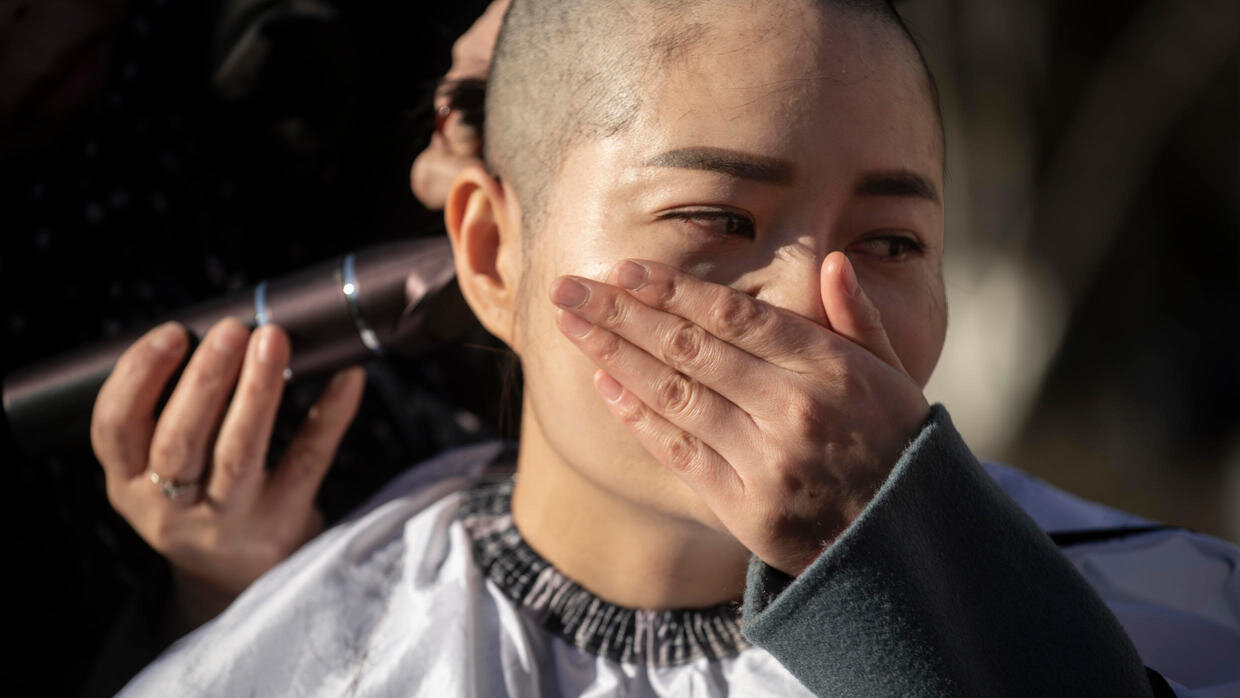By Jerome A. Cohen
I’m delighted to see expert John Fitzgerald’s just-released, learned, objective analysis of the pernicious and dangerous ways in which WHO has helped the PRC to try to convince the world of the virtues of Traditional Chinese Medicine (TCM) for curing Covid-19 and other illnesses and the health benefits to be derived from the killing of endangered species like pangolins. WHO has been siding with the Chinese Government increasingly and for a long time, not only recently since Covid-19. WHO should limit its recommendations to evidence-based scientific methods, not Chinese TCM propaganda. Lives are at stake, not Xi Jinping’s quest for “soft power”.
John, who used to head Ford Foundation’s China office and knows the country well, cogently shows the triple threat of the PRC’s TCM propaganda. It may deceive people in need to place too much faith in the healing powers of TCM. It may encourage worldwide slaughter and consumption of endangered species like pangolin that TCM suggests may have curative potential. And it gives the PRC an unjustified leg-up in its quest for “soft power.” For more discussion, see also this essay on China Policy, Covid-19 and TCM.
Ever since reading last month the China Daily’s big push, under Xi Jinping’s leadership, promoting the virtues of TCM for treating the virus and other ailments, I was genuinely curious about the lack of Western response. When I asked doctors in my family, who are actively engaging the virus daily in New York hospitals, about the extent to which TCM is used or could be useful in the struggle, I only received blank stares. I wondered whether American medical schools teach TCM and whether American physicians are negligent in failing to make use of it. Also it seemed that Western China specialists were oddly not responding to China’s claims for TCM at a time when we are desperately trying to cope with the virus. These essays help to fill a perceived gap in our deliberations.
P.S. My first acquaintance with pangolin came in 1986, when my wife and I, as guests of the Guangdong government, toured Hainan and were treated to this rare delicacy at a small dinner that the island’s Communist Party secretary gave in our honor. I said we were flattered but asked whether eating pangolin was not banned. The host replied with an impishly sly wink!





